



How long is the supply cycle of industrial control chips?
In the industrial control (IC) industry, chips are the core components that enable automation control, data processing, and system integration. With the rapid development of smart manufacturing and the Industrial Internet of Things (IIoT), the demand for industrial control chips has been increasing. The supply cycle of these chips, as a critical factor in the procurement and production processes, directly affects production efficiency, delivery schedules, and cost control. Therefore, determining the appropriate supply cycle for industrial control chips and managing inventory effectively are essential considerations when selecting suppliers. So, what is the ideal supply cycle for industrial control chips to meet production needs and market competitiveness?
1. Factors Affecting the Supply Cycle of Industrial Control Chips
The supply cycle of industrial control chips is influenced by multiple factors, including:
- Chip Type and Technical Complexity: Different types of industrial control chips have varying production cycles and demand levels. For example, basic sensor interface chips and control processors typically have shorter production and supply cycles, compared to complex real-time processing chips or custom solutions.
- Chip Supplier's Production Capacity: Large chip manufacturers with strong production capabilities can offer shorter supply cycles, whereas smaller or specialized suppliers may have longer cycles due to limited capacity.
- Market Demand Fluctuations: The demand for industrial control chips is influenced by industry cycles, global economic conditions, and technological innovations. If there is a surge in demand during a particular period, it may lead to supply shortages, extending the supply cycle.
- Inventory Status and Bulk Orders: Large-scale procurement and long-term partnerships often result in shorter supply cycles because suppliers can prepare inventory in advance, reducing the risk of delivery delays. In contrast, small batch or custom orders may require longer processing times.
- Supply Chain Disruptions and Transportation Issues: The chip supply chain involves raw material procurement, production, packaging, and transportation. Global transport and logistics issues, such as pandemics, trade barriers, and shipping delays, can all affect the chip supply cycle.
2. Standard Supply Cycle for Industrial Control Chips
Typically, the standard supply cycle for industrial control chips ranges from 4 to 12 weeks. This cycle covers the entire process from order confirmation, production, testing, packaging, shipping, and final delivery. The specific supply cycle depends on customer requirements, order size, and the supplier's production schedule.
- Standard Product Supply Cycle: For standard models and high-demand industrial control chips, suppliers often have ready stock or sufficient inventory. In this case, the supply cycle is usually shorter, around 4 to 6 weeks. Some large chip manufacturers may offer even faster delivery options to meet short-term project needs.
- Custom Chip Supply Cycle: For custom or specialized industrial control chips, the production cycle tends to be longer. Custom chips typically involve more complex design and testing processes, and the supply cycle could take 8 to 12 weeks, or even longer.
3. Ideal Supply Cycle for Industrial Control Chips
To ensure smooth production, companies need to decide the appropriate supply cycle based on their own needs and production plans. Below are some guidelines:
- Long-Term Partnerships and Advance Procurement: For long-term partnerships with suppliers, companies can establish agreements to gain a better understanding of the supply cycle in advance. By signing long-term procurement contracts, businesses can secure stable supply. Companies can place chip orders ahead of time based on their production schedules to avoid supply shortages. In such cases, a reasonable supply cycle should be 6 to 8 weeks, with close communication with suppliers to ensure timely adjustments to the production schedule.
- Stocking and Inventory Management: Industrial control production often has cyclical patterns, so companies should stock up on chips based on market demand fluctuations and chip lifecycle expectations. Proper inventory management can help reduce production delays due to extended supply cycles. For some critical chips, companies should ideally maintain 3 to 6 months of safety stock to address sudden market demand or supply chain issues.
- Accelerated Supply for Urgent Needs: If a company has special urgent requirements or tight project deadlines, it can consult suppliers for expedited production and shipping services. Some suppliers may offer fast-track production lines to shorten supply cycles, though this may involve extra costs. For urgent orders, the supply cycle should ideally be reduced to 2 to 4 weeks, but be aware that overly rushed orders may affect product quality and disrupt the supplier's production schedule.
- Flexible Supply Chain Management: With the increasing complexity of global supply chains, companies should strengthen their collaboration with multiple suppliers to ensure they can quickly switch to backup suppliers in case of issues with one supplier. Flexible supply chain management helps ensure timely delivery of industrial control chips.
4. How to Reduce the Risks of Chip Supply Cycle Delays?
To mitigate the risks associated with the supply cycle of industrial control chips, companies can take the following measures:
- Establish Strategic Partnerships: Building long-term, stable strategic partnerships with key suppliers can ensure timely delivery and provide priority in production and shipping schedules.
- Diversify Supplier Selection: Companies should choose multiple suppliers to spread risks. If one supplier encounters issues, they can quickly switch to a backup supplier, ensuring the chip supply is not affected.
- Enhance Forecasting Capabilities: By improving market demand forecasting and production planning, companies can better understand their future chip needs, ensuring that procurement plans align with the supply cycle.
Conclusion
In summary, the supply cycle for industrial control chips is influenced by various factors, and the standard supply cycle typically ranges from 4 to 12 weeks. When choosing suppliers, companies should assess the supply cycle based on their own production needs, custom requirements, and market conditions. By managing inventory efficiently, procuring in advance, and establishing long-term partnerships, companies can reduce the risks of production delays due to extended supply cycles. Additionally, flexible supply chain management and diversified supplier selection also help companies manage supply cycle fluctuations and ensure timely delivery of industrial control chips.

Please contact us if the source is mislabeled or violates your legal rights.
We will promptly correct and delete, thank you.
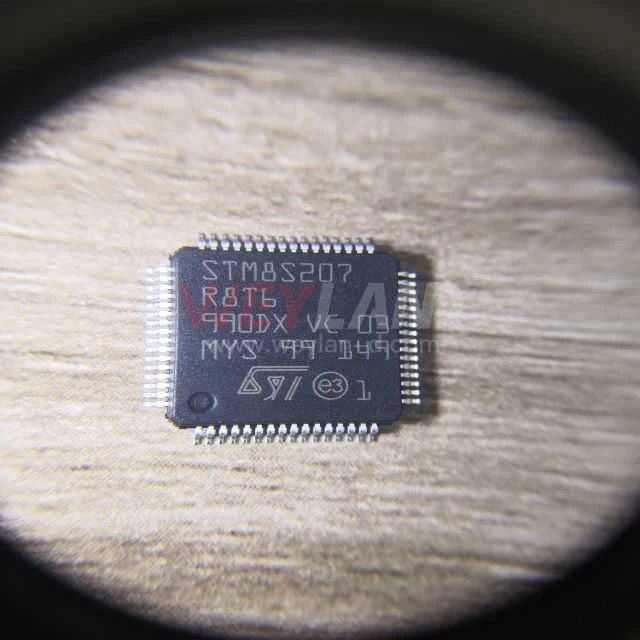
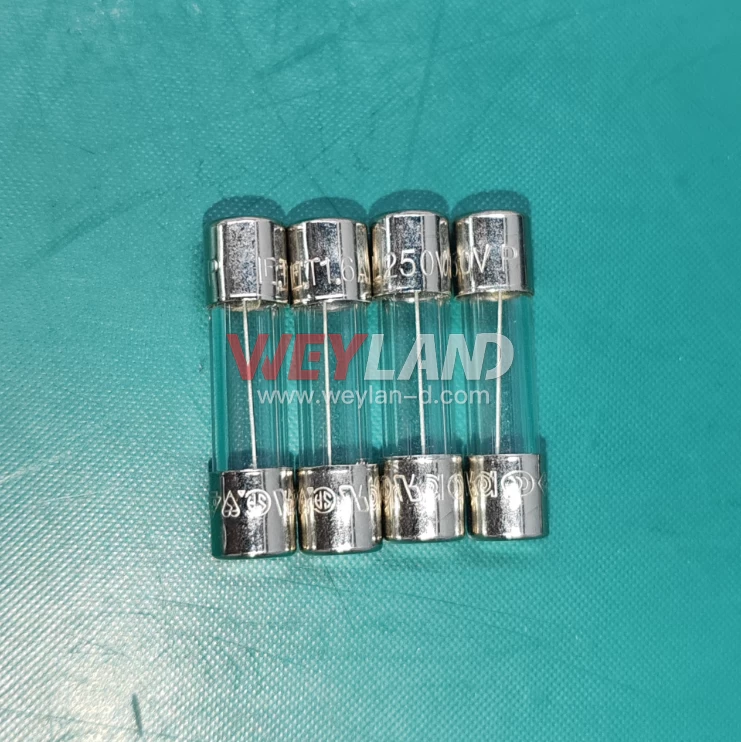
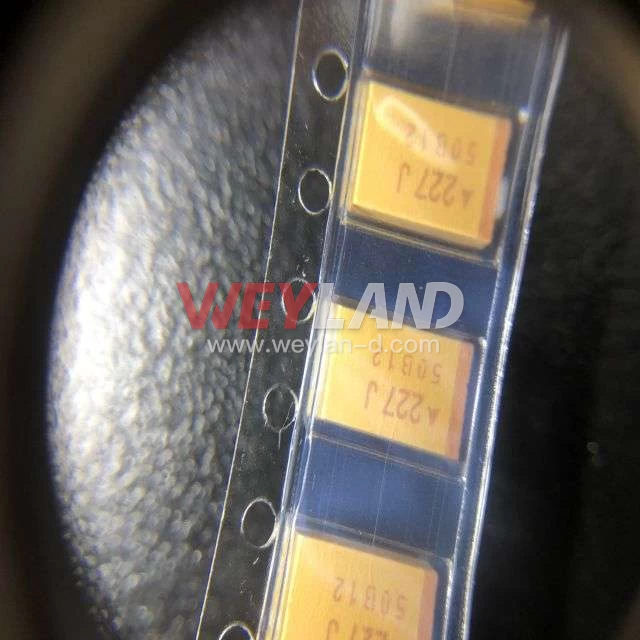
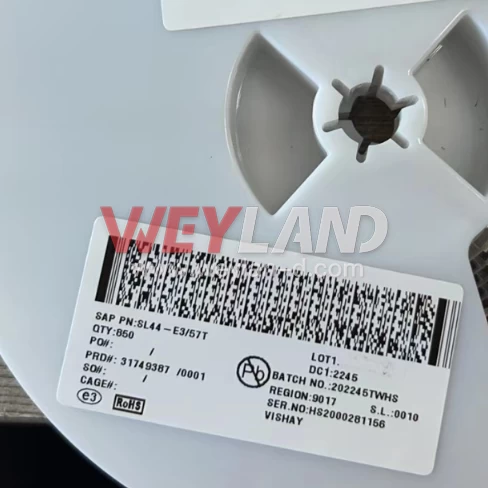
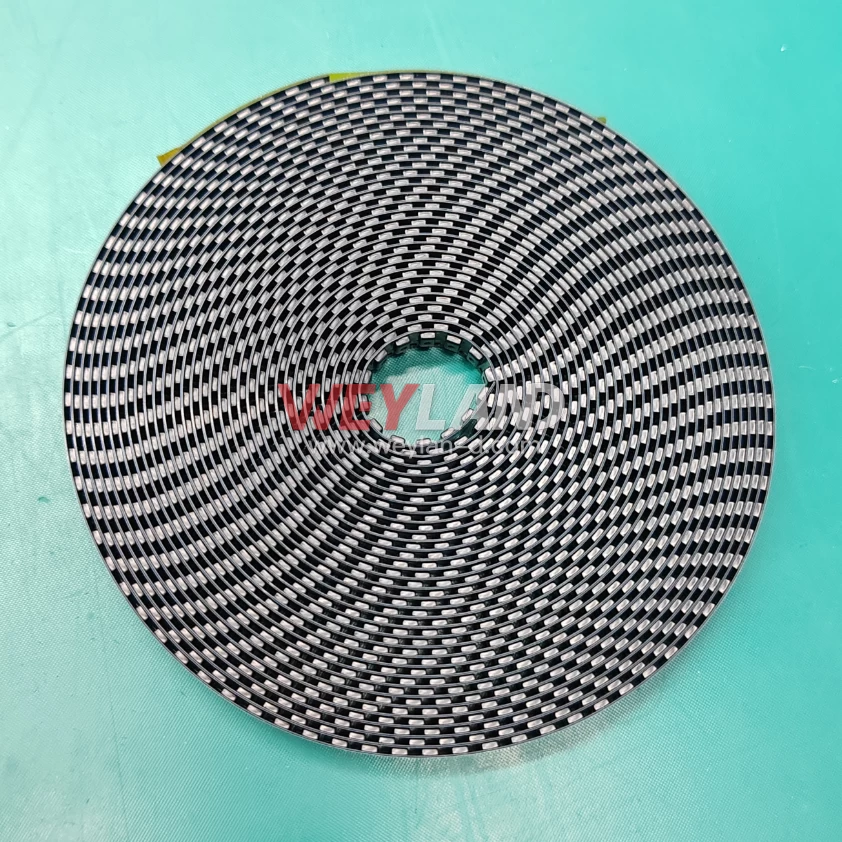
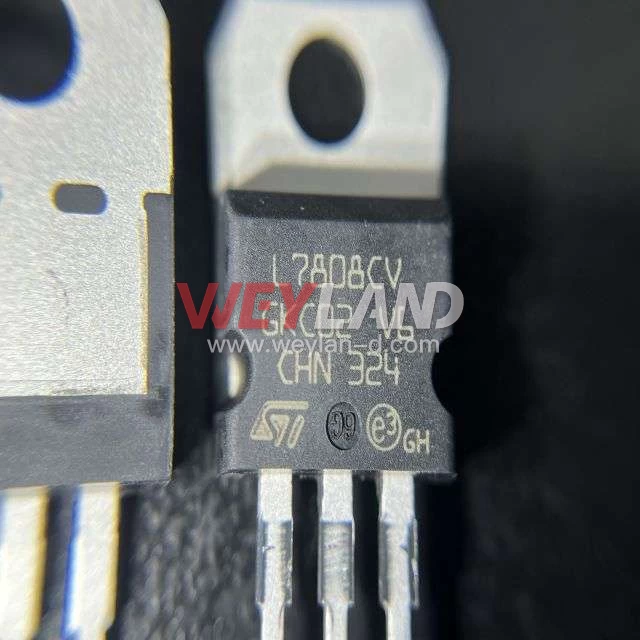

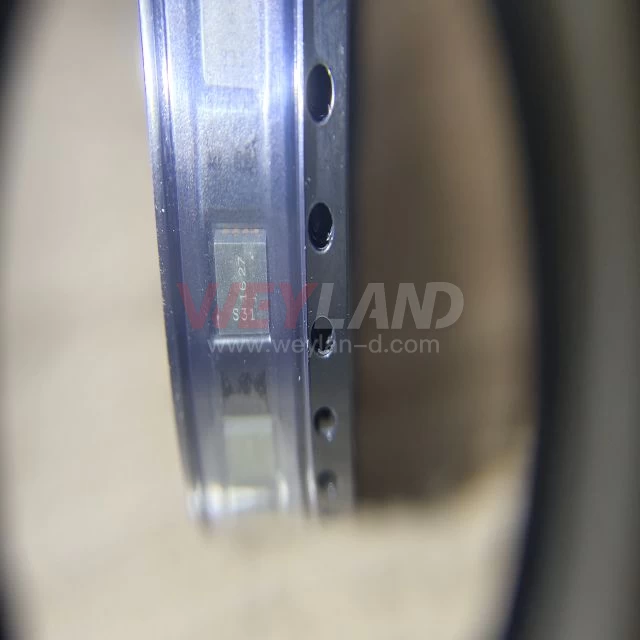
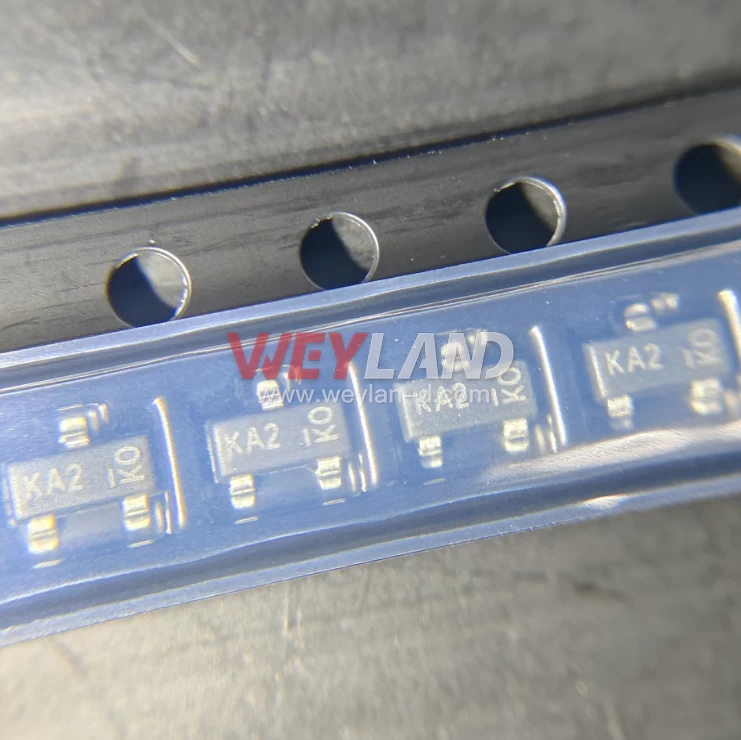
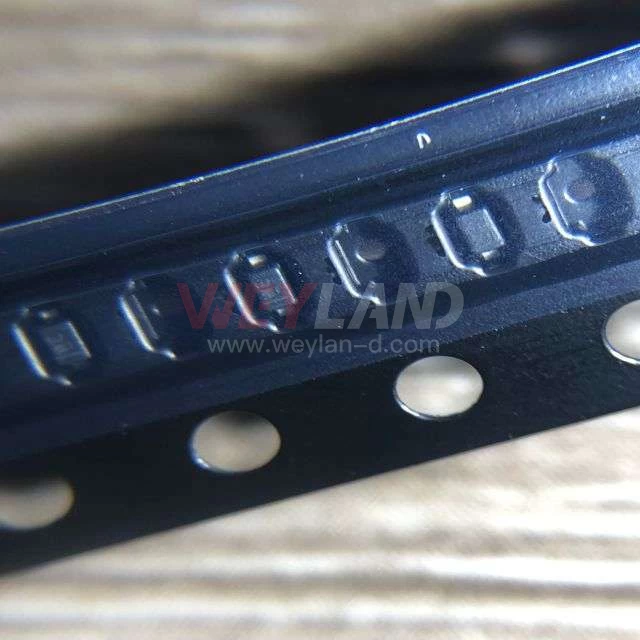
.9246509.png)




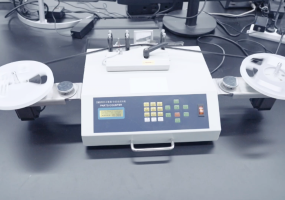







[email protected]
7500A BEACH ROAD #04-307 THE PLAZA SINGAPORE (199591)
RM 705.7/F.FA YUEN COMM BLDGNO.75-77.FA YUEN STREET.MONGKOK.KLN.HONG KONG
